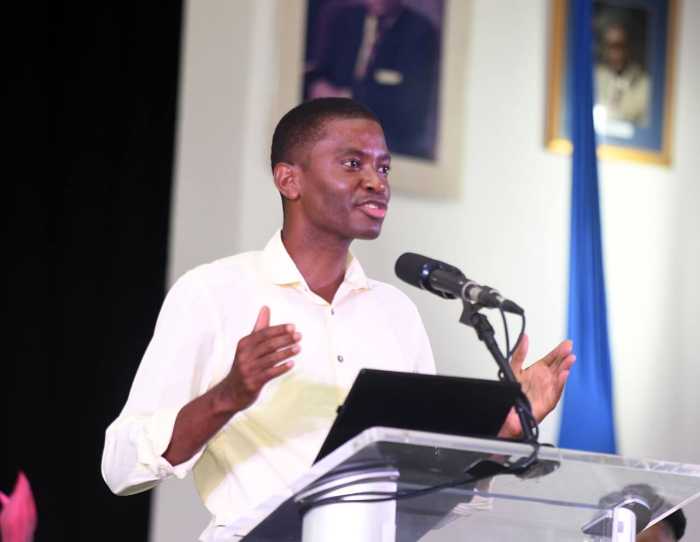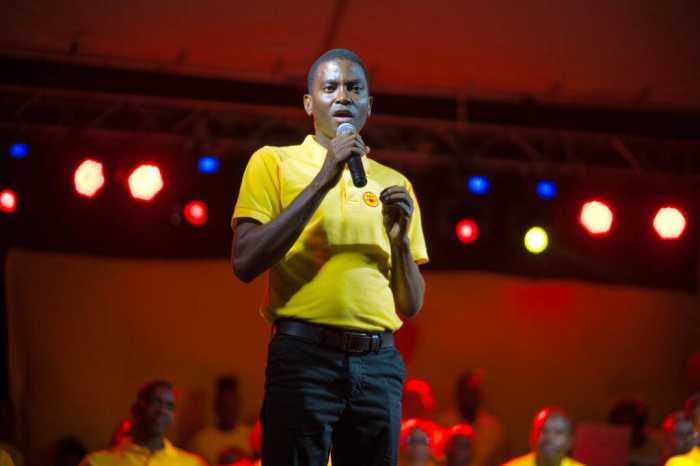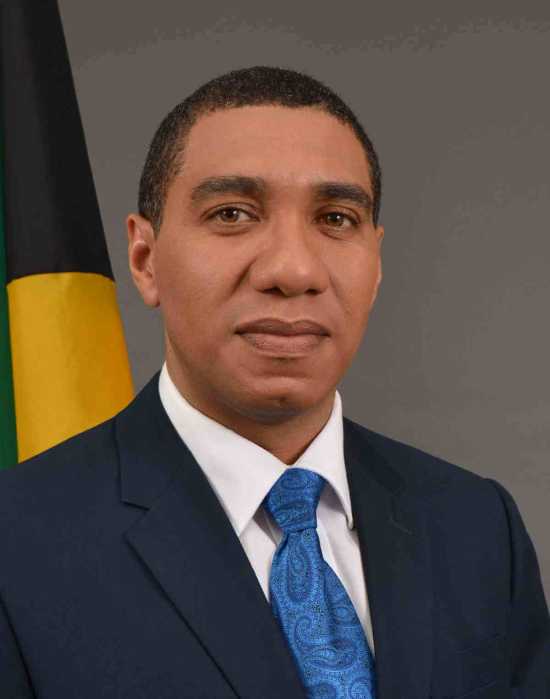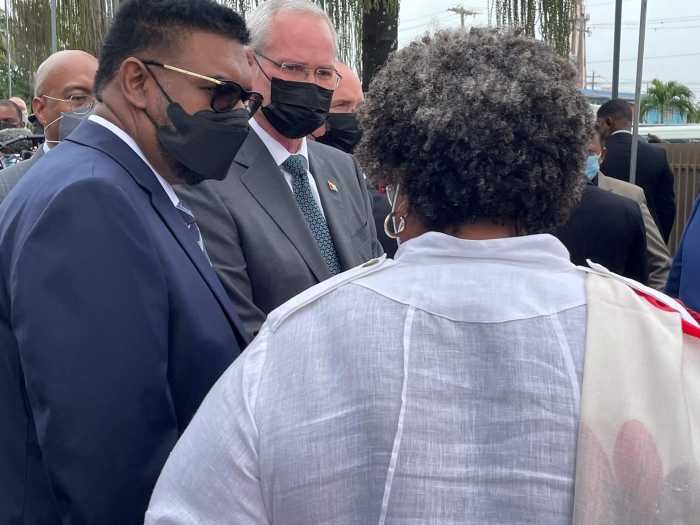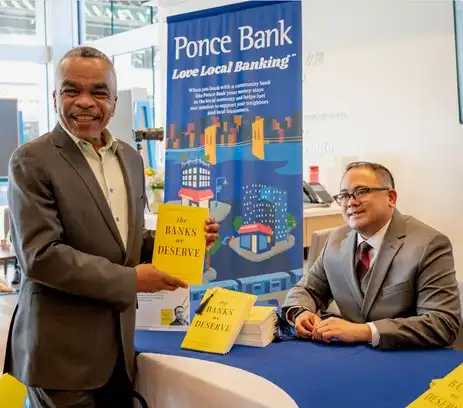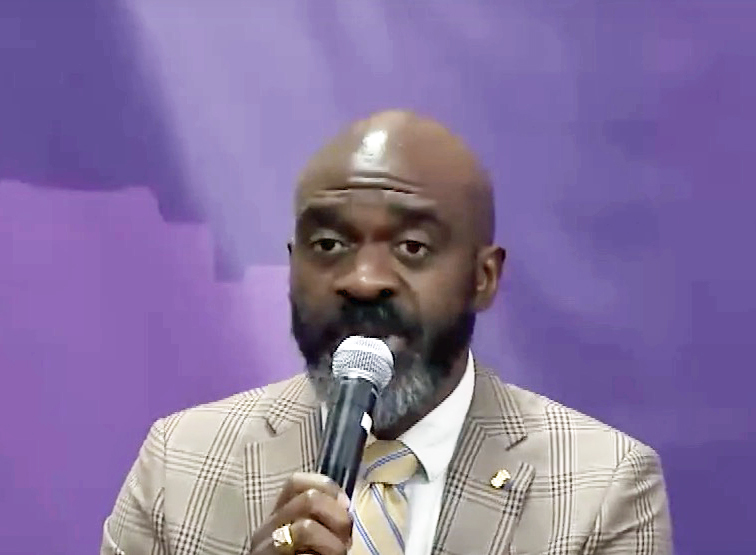CARICOM leaders this weekend head to Suriname for their main summit with key issues such as receiving compensation for major climatic events, the struggle to recover from the COVID-19 pandemic and cutting the rising food import bill high on the agenda among others.
President Chan Santokhi who won general elections two years ago will preside over the three-day conference that begins ceremonially on Sunday evening with the plenaries at the Torarica Resort. Three new leaders — Phillip Davis of The Bahamas, Phillip Pierre of St. Lucia and Dickon Mitchell of Grenada — along with United Nations Secretary General Antonio Gutteres are down to address the opening ceremony along with Santokhi and Secretary General Carla Barnett. Dickon won general elections just last week and will not only be the newest head of government at the table but by far the youngest at 44.
CARICOM leaders say they will have an extensive discussion on the climate change and climatic events issue as the region is bearing the brunt of stronger and more powerful hurricanes each year, thanks to global warming and the resultant rising sea temperatures.
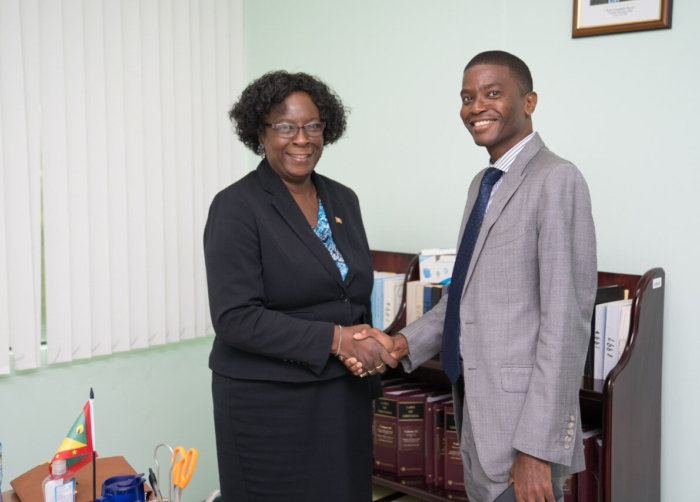
In the case of The Bahamas, the Guyana-based regional secretariat says that the archipelago just east and south of Florida has, in the [last five years, suffered at least $5 billion worth of infrastructural and other damages from mega storms like Dorian in 2019. For that member nation, the effects of climate change are real, officials say.
Leaders say they also want to put pressure on western nations which emit most of the carbon dioxide and other gases into the atmosphere to come good on pledges for climate change, mitigation and adaptation financing that were pledged at the Paris and Glasgow, Scotland summits in the past five years.
The Scotland summit in particular had pledged sums like $100 billion by the end of 2020 and even more by 2026 but developing nations say they have to jump and waddle through numerous proverbial administrative and other ‘hoops’ to access and cash in on financing.
Additionally, Guyana has said that it will continue its advocacy efforts to change the import and eating patterns of Caribbean people so they would consume more local food and import less as the annual total import bill has already exceeded $5 billion.
“The meeting will hear from the lead head on agriculture and the special Caricom ministerial task force on agriculture on moving the sector forward,” an official note said, referring to President Irfaan Ali of Guyana. Guyana has hosted an agricultural summit in May. Seven leaders, several senior ministers and others had attended the event aimed at improving food security in the region.


